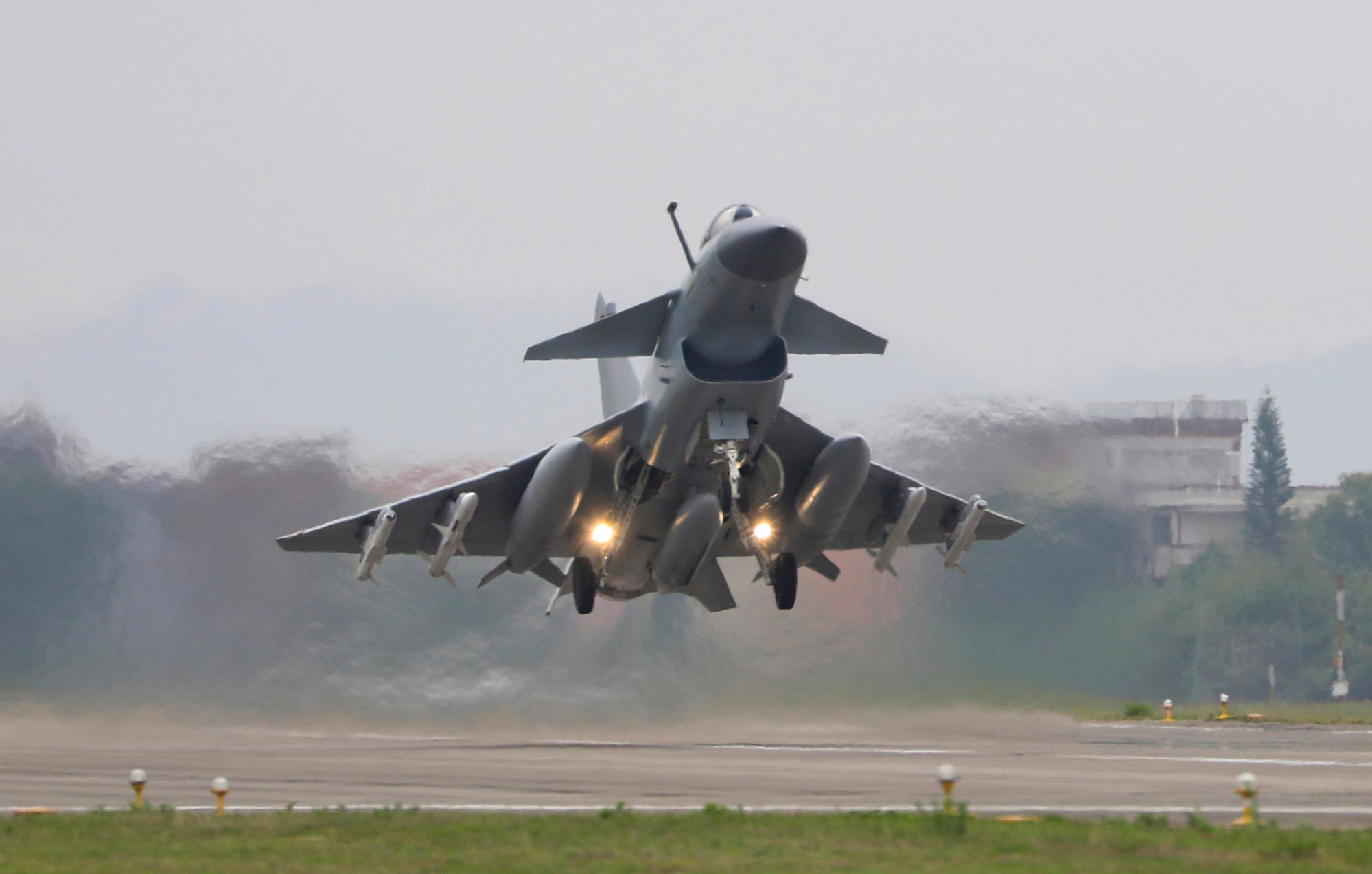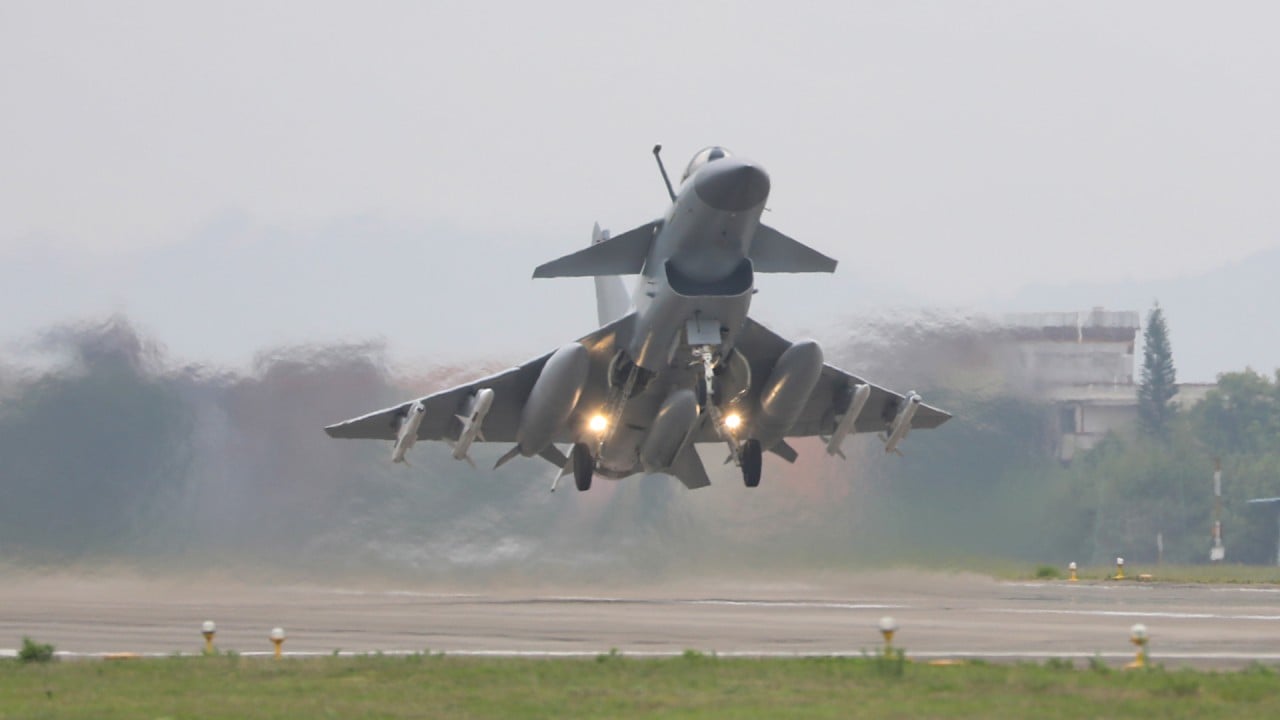
Australia can shape peaceful Asia-Pacific without taking sides in great power rivalry: Penny Wong
- Viewing the future of the region through ‘binary’ lens means countries’ own national interests can fall out of focus, warns Australia’s foreign minister
- Wong also cautions against ‘frenzied’ speculation about regional flashpoints such as Taiwan, calls for a peaceful resolution of cross-strait issues
She said Australia and its Asia-Pacific neighbours like Southeast Asia could own the region they wanted without being held beholden to others, and could adopt policies that pursued peace and averted conflict.

“We deploy our own statecraft towards shaping a region that is open, stable and prosperous, where no country dominates, and no country is dominated,” she said.
Many commentators and strategists were using “a binary” lens to interpret developments in the region, Wong said. “But viewing the future of the region simply in terms of great powers competing for primacy means countries’ own national interests can fall out of focus,” she said.
Asean has stood for a peaceful region advocating for “multilateralism, partnership and cooperation” and expressing concerns over actions that could “eventually lead to miscalculation … among major powers”.
Middle powers like Australia and Southeast Asia had agency to create that peaceful region, she said.
“Some would see Southeast Asia as a mere theatre for great power competition. That is not a view we share,” Wong said, adding that the region must work together to avoid acquiescing its decision-making to others.

Larger countries should not determine fates of smaller countries, she added.
Wong said there were regular dialogues among Asean countries and other nations in the Pacific about navigating the increased competition in the region.
“As I said at the outset, strategic competition is not merely about who is top dog, who is ahead in the race, or who holds strategic primacy in the Indo-Pacific,” she said.
“All countries need to exercise our agency to avert war, and maintain peace. And advocating this objective is the most critical aspect of Australia’s diplomacy.”
When dealing with growing powers like China, Australia must start with the reality that “China is going to keep being China” and as a rising power, China would always advance its national interests first “using every tool at its disposal to maximise its own resilience and influence”.
While it was a challenge for Australia and others in the region, it was pointless to waste energy on fighting or countering this development. “Instead, we channel our energy in pressing for our own advantage,” she said.
Last month, local media published a “Red Alert” series warning of an imminent war with China in three years, sparking widespread domestic criticisms and concerns. The “Red Alert” warnings also discussed the possibility of Australia being dragged into a conflict between mainland China and Taiwan.
“There is much frenzied discussion in political and media circles over timelines and scenarios when it comes to Taiwan. Anyone in positions like mine who feels an urge to add to that discussion should resist the temptation,” she said. “It is the most dangerous of parlour games.”
Wong said Canberra did not want to see any changes to the China-Taiwan status quo and called for a peaceful resolution of cross-strait issues, adding that media and commentators should avoid reminiscing about previous wars when it came to Taiwan.
“Those comparisons should serve as warnings, but nothing more,” she said. “Because we are not hostages to history. We decide what to do with the present.”
Is CPTPP bid behind China’s move to resolve Australia barley dispute?
Beijing-Canberra ties plummeted to a low in 2020 after then prime minister Scott Morrison angered China by unilaterally calling for an international probe of Covid-19 – seen as an effort to pin blame on the mainland.
Ties are, however, appearing to recover, with China last week announcing a review of tariffs imposed on Australian barley.


